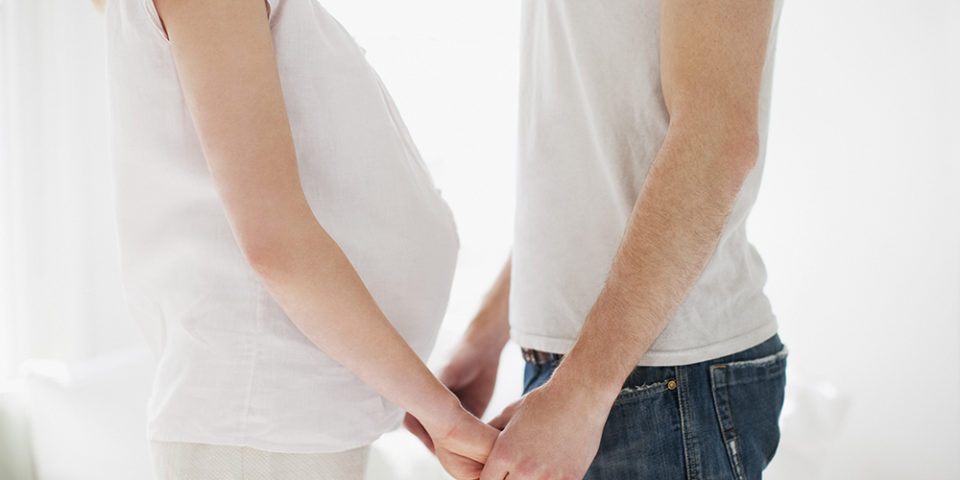Why the COVID-19 vaccine infertility myth is not true
Social media has been a hotbed of misinformation when it comes to the COVID-19 vaccine. A recent myth about the vaccine affecting fertility has made many young women and men hesitant to get the shot. Fertility specialist Lisa Green, MD, explained why the myth is not true.
Where did the myth originate?
“It is difficult to determine where myths originate. Early in the pandemic, there were concerns that the protein used to identify COVID is similar to another protein that we naturally have in our bodies. And that the vaccine will identify this protein, instead of COVID, and fight your body’s natural processes leading to infertility. We have not seen that to be true,” said Dr. Green.
This myth was compounded because early clinical trials excluded women who were trying to conceive or were pregnant. Although this is normal protocol, it was difficult to combat rumors when they first started. “Now we can,” said Dr. Green. “We know that in the Pfizer/BioNTech vaccine trials, 23 women did conceive, and of those 23 women, half of them were in the placebo group and half of them were in the vaccine trial group. There was one pregnancy loss, but that participant was in the placebo group. We have no evidence of an association between fertility and the COVID vaccine.”
The vaccine has now been administered to millions of people. “The CDC is collecting additional monitoring data to solicit reports of side effects following the vaccine, and the preliminary trends and data suggest there’s no harm for anyone who’s trying to conceive. We are encouraging women to become vaccinated because we want to minimize the risks the virus can cause to themselves and to their pregnancy,” said Dr. Green.
Should men be concerned about the vaccine affecting their fertility?
No. Data shows that about 16% of men who have received the Pfizer vaccine get a fever, but that’s good. “We want your immune system to respond and prevent severe illness,” said Dr. Green. “Any fever – for any reason – can influence your semen, and it can change your sperm parameters. But this is temporary. That fever lasts one to three days. It may take three months for your sperm levels to go back to normal, but you now have the protection of the vaccine. We do endorse that men and women get the vaccine.”
If a woman is pregnant and unvaccinated, does that put her at a higher risk for COVID-19?
Dr. Green said a pregnant woman’s immune system is compromised and more vulnerable to disease while pregnant. “There are many necessary changes to your hormones and your immune system during pregnancy,” she said. Preliminary reports show that pregnant women who get sick from COVID-19 may be at increased risk for preterm labor, hemorrhage and fetal death. “We have numerous negative outcomes that we’re seeing from women when they’re contracting COVID-19 while pregnant, and we want to do all that we can to prevent them.”
Is there a timeframe in your pregnancy that’s best to get the COVID-19 vaccine?
You can receive the vaccine at any point in your pregnancy. There are no concerns for mother or baby.
Does the vaccine affect a woman’s menstrual cycle?
Dr. Green said there is no data available yet. “But we know there are many things that can affect our menstrual cycles, like stress. And what larger stress can we have other than a pandemic? To be able to tease out if there’s going to be a problem with periods is hard to say. I did see that some people stated that they thought their periods were coming a little bit faster. There are so many reasons why that could be the case. But I would expect this would be temporary,” she said.
If people are still concerned about the vaccine, especially around fertility, what should they do?
“If you have questions, speak to your primary care doctor, OB/GYN or fertility specialist. We can discuss some of these rumors and present you with evidence. Ask questions, talk to any doctor who you feel comfortable with and get more answers,” said Dr. Green.
Have questions about the COVID-19 vaccine?
Find answers to frequently asked questions about the COVID-19 vaccine, including how to get the shot.


